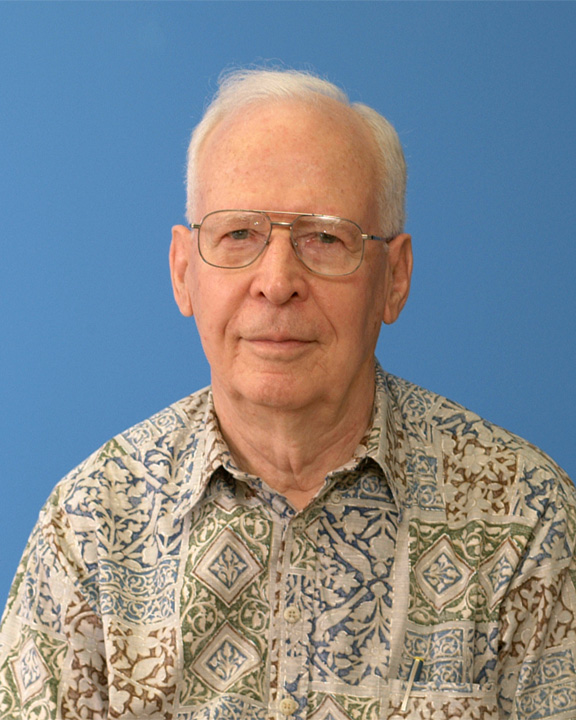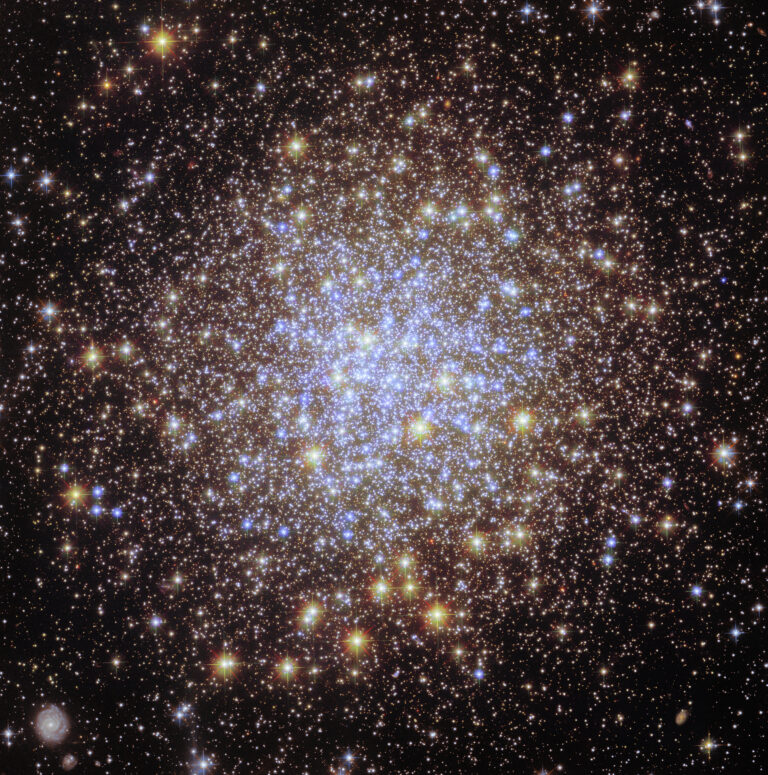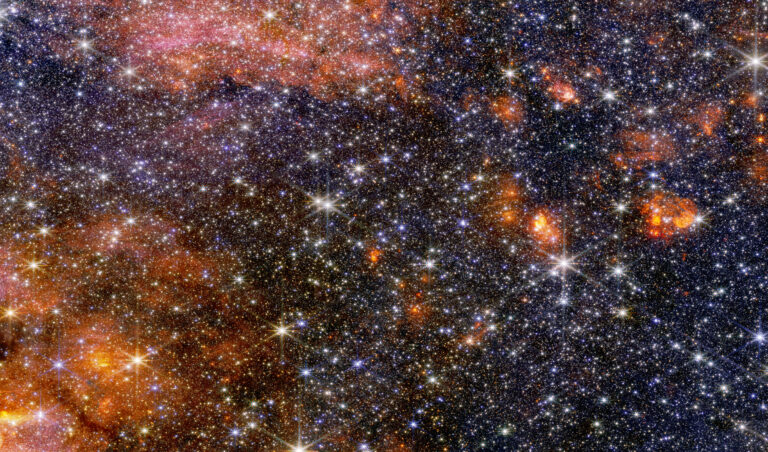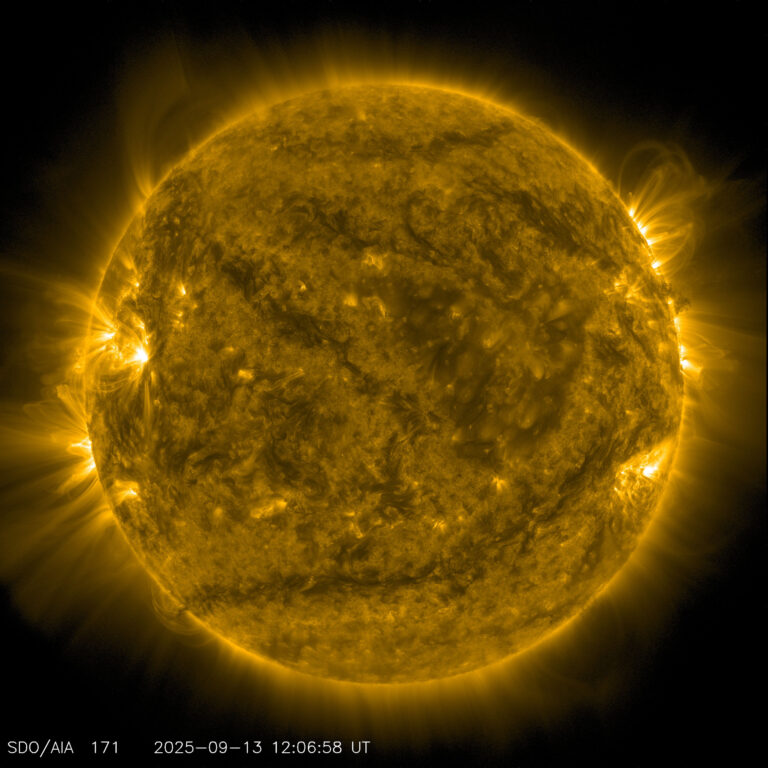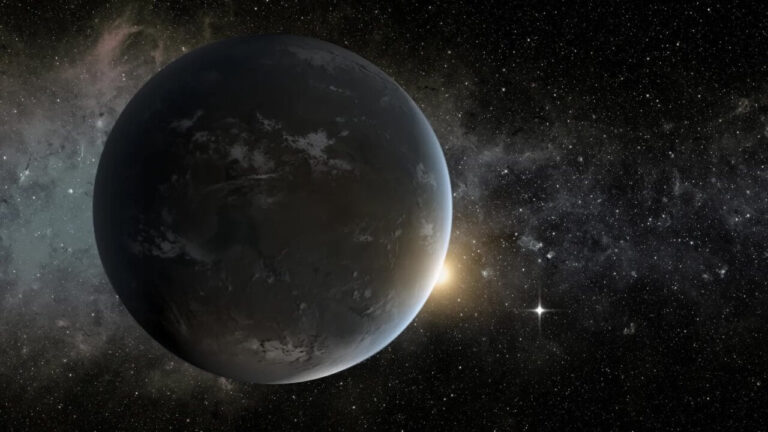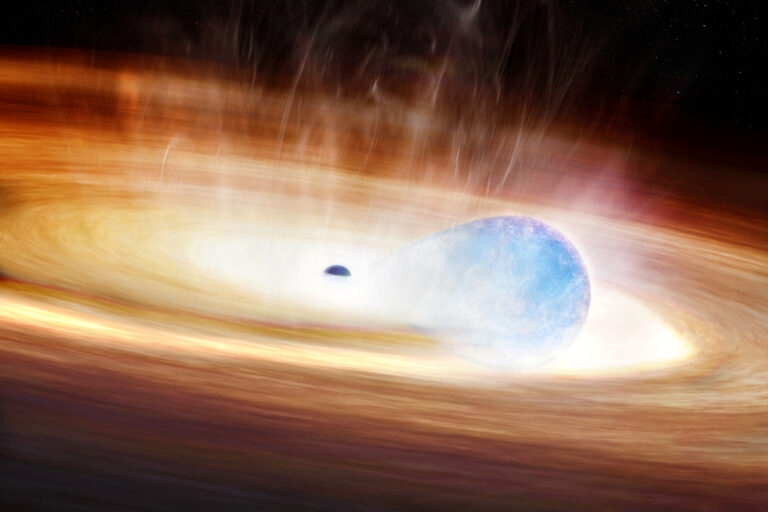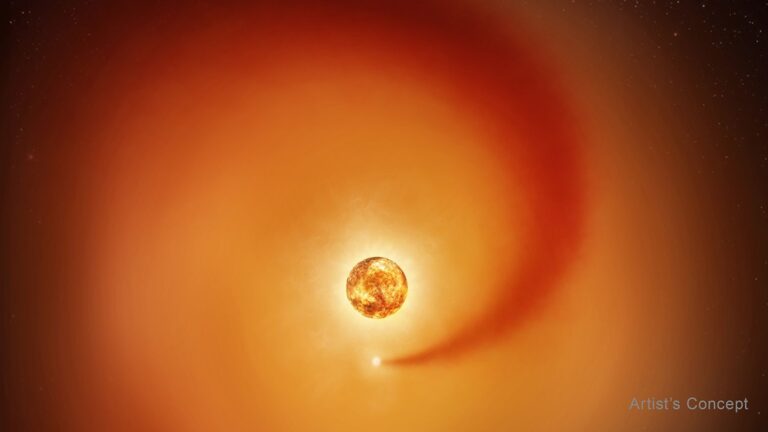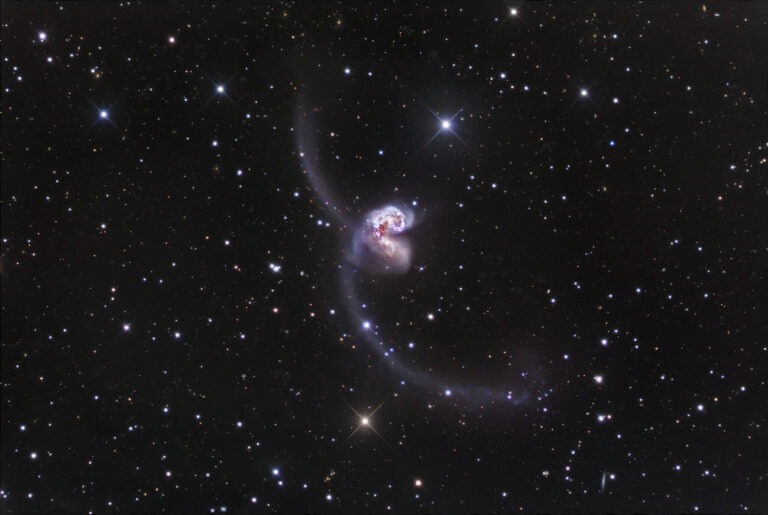He has been widely acclaimed for his pioneering studies of star formation and the properties and evolution of young stars. His contributions laid the foundation for much of what we know about the birth and early development of stars.
Herbig’s work on young stars is so fundamental and comprehensive that he is widely seen as the father of the field of star formation studies. He revolutionized the field by identifying and characterizing the physical features of stars that are so young that they did not exist when our earliest human ancestors walked on Earth. He recognized that the T Tauri stars, as they are called, have roughly the same mass as our Sun but have much stronger versions of many of the Sun’s features, such as magnetic activity, spectral emissions, and lithium content.
He also designed a search for the higher-mass counterparts of the young T Tauri stars. In a classic paper, he defined and detailed the characteristics of this other, more massive category of young stars. These are now called Herbig Ae and Be stars in recognition of his pioneering work. He also identified an intriguing subclass of young variable stars called FU Ori stars and co-discovered exotic supersonic flows of gas expelled from newborn stars, now called Herbig-Haro objects.
Herbig won numerous awards for his work, including the 1975 Henry Norris Russell Lectureship given for “a lifetime of eminence in astronomical research” by the American Astronomical Society and the 1980 Catherine Wolfe Bruce Gold Medal awarded by Astronomical Society of the Pacific for “a lifetime of outstanding research in astronomy.” But he was an extremely modest man who did not like to talk about himself and went out of his way to acknowledge the assistance others gave to him.
Herbig received his Ph.D. in 1948 from the University of California, Berkeley, and he continued his scientific work until nearly the end of his life.

